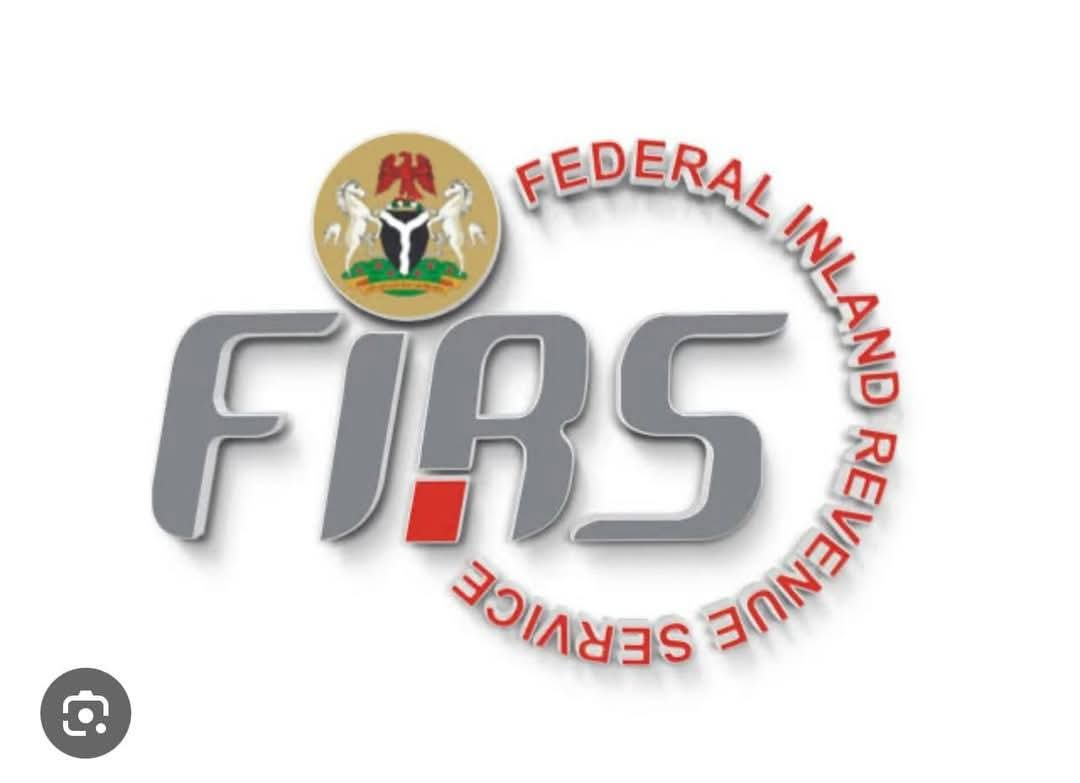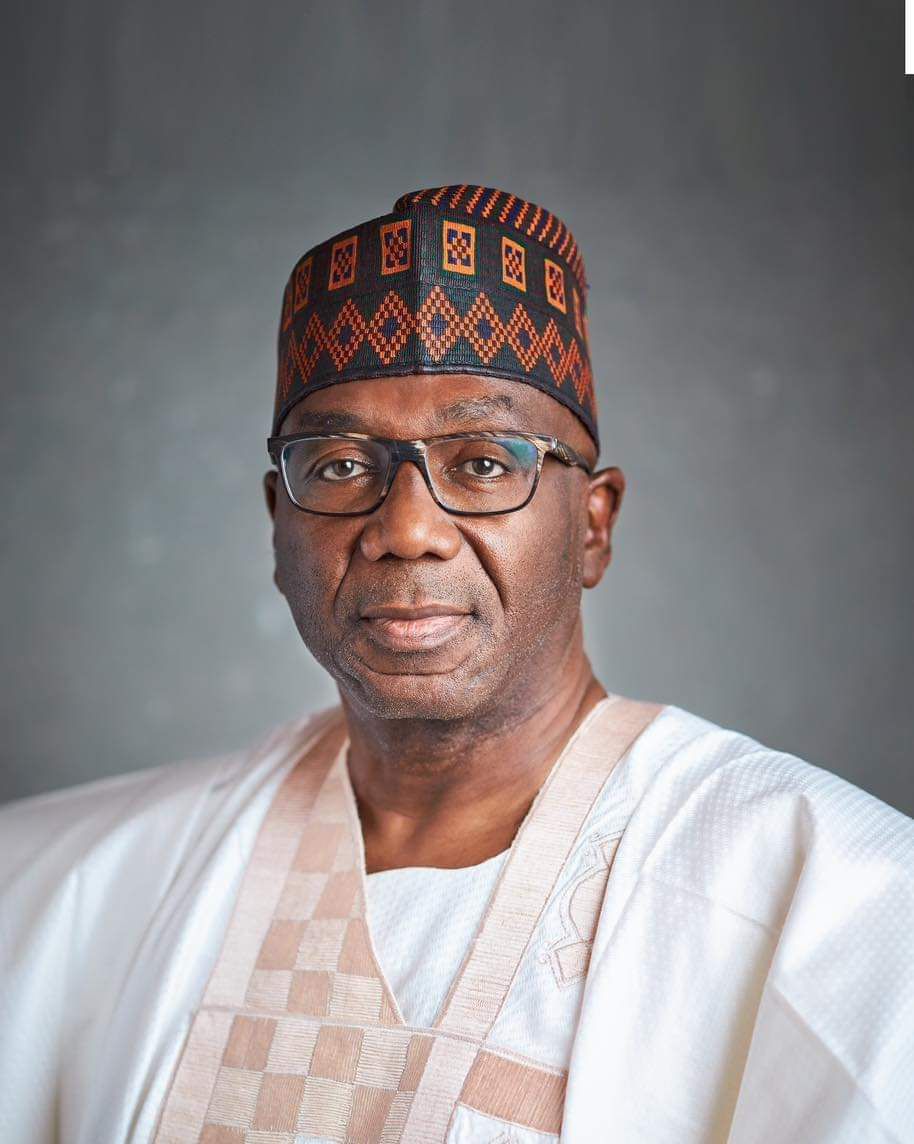
An independent policy institute based in London, Chatham House, has published an analysis of the Nigerian presidential election, stating that the Independent National Electoral Commission (INEC) failed to learn from previous mistakes.
The report claimed that the electoral umpire did not follow its own guidelines, particularly the one related to uploading results in real-time. Chatham House also highlighted the low turnout rate of just 25.7% despite Nigeria boasting the largest electoral register in Africa with 93.4 million voters.
The election was contested by the presidential candidate of Labour Party (LP), Peter Obi, and the Peoples Democratic Party (PDP) candidate, Abubakar Atiku, who challenged the outcome of the election in court and led a protest against the result. Chatham House noted that Nigerians queued in the sun and rain to cast their votes, despite recurrent fuel crisis, epileptic power supply, record inflation, and a painful cash crunch.
However, thousands of voters were disenfranchised, and multiple irregularities were recorded, including intimidation and violence noted by election observers. Chatham House emphasized that INEC’s performance and controversies over these results showed that the electoral reforms and lessons learned were not fully applied.
Additionally, INEC’s patchy deployment of technology, such as the Bimodal Voter Accreditation System (BVAS), was also criticised. Chatham House added that when sworn in, President-elect Bola Tinubu would inherit a country made weaker economically, less secure, and diminished in stature under the leadership of his party.
The monumental challenges that weigh Africa’s most populous country would not be easy for any leader, adding that the Nigerian people, especially the country’s youngest, have demonstrated strong resilience and have waited for far too long for a country that works for them.







